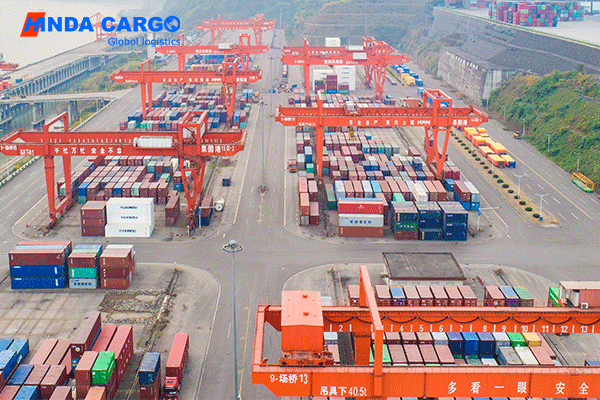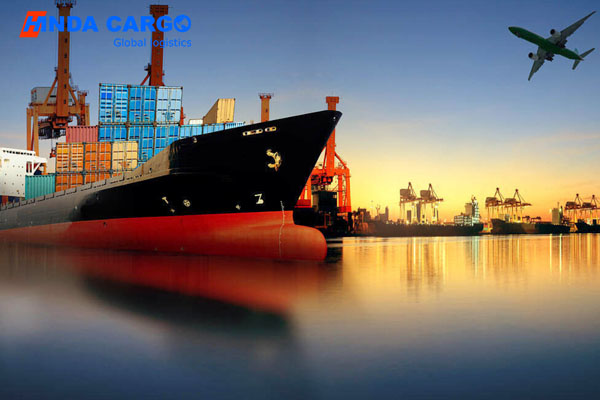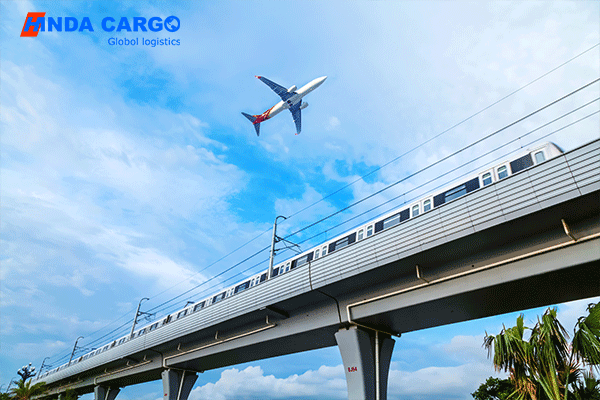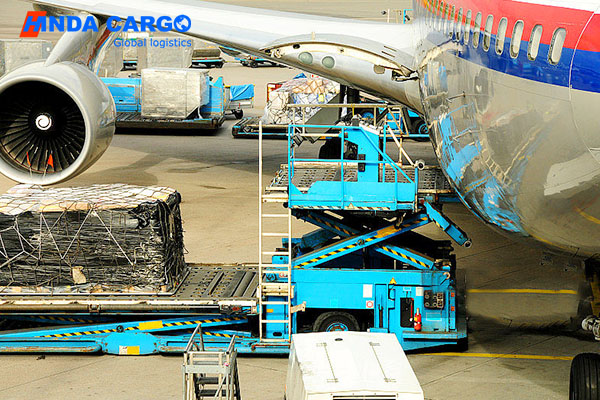What is the best trade term for door-to-door service?
In international trade, door-to-door service has become the first choice for more and more companies. This service model simplifies the complex international logistics process, delivers goods directly from the seller's factory or warehouse to the buyer's designated location, and reduces intermediate links and risks. To achieve this goal, it is crucial to choose the right international trade terms (Incoterms).
This article will explore the best trade terms for door-to-door service in detail, and analyze its advantages and disadvantages and applicable scenarios to help companies make wise choices in international trade.

What is the best trade term for door-to-door service?
International trade terms are formulated by the International Chamber of Commerce (ICC) to regulate the division of responsibilities, costs and risks between buyers and sellers in international trade. Common international trade terms include EXW, FCA, CPT, CIP, DAP, DPU, DDP, etc. Among them, some terms are particularly suitable for door-to-door services, such as DAP (Delivered At Place), DPU (Delivered at Place Unloaded) and DDP (Delivered Duty Paid).
Trade terms suitable for door-to-door service:
1. DAP (Delivered At Place),
2. DPU (Delivered at Place Unloaded),
3. DDP (Delivered Duty Paid).

DAP (Delivered At Place)
Under the DAP term, the seller bears all transportation costs and risks from the place of departure to the designated destination, but does not include import customs clearance and post-destination costs. The buyer is responsible for import customs clearance and payment of related costs.
DAP (Delivered At Place Advantages:
● The seller controls the transportation process to ensure that the goods are delivered safely and on time.
● The buyer does not need to deal with transportation arrangements, but only needs to be responsible for import customs clearance and post-destination costs.
● The risk is borne by the seller before the goods arrive at the designated location, reducing the buyer's risk.
DAP (Delivered At Place Disadvantages:
● The seller needs to understand and arrange the entire transportation process and bear more responsibilities.
● The buyer is responsible for import customs clearance and may face unfamiliar procedures and fees.
DAP (Delivered At Place Applicable Scenarios:
● The party wants to reduce transportation arrangements and risks, but is willing to be responsible for import customs clearance.
● The seller has a complete logistics network and transportation capabilities and can bear transportation responsibilities.
DPU (Delivered at Place Unloaded / Destination Unloaded Delivery)
Under the DPU term, the seller bears all transportation costs and risks and unloads the goods at the designated destination. The buyer is responsible for import customs clearance and post-destination costs.
DPU (Delivered at Place Unloaded Advantages:
● The seller controls the transportation and unloading process to ensure the safe delivery of the goods.
● The buyer does not need to deal with transportation and unloading arrangements, but only needs to be responsible for import customs clearance and fees after destination.
● The risk is borne by the seller before the goods are unloaded, reducing the buyer's risk.
DPU (Delivered at Place Unloaded Disadvantages:
● The seller needs to arrange unloading and bear more responsibilities and costs.
● The buyer needs to be responsible for import customs clearance and may face unfamiliar procedures and fees.
DPU (Delivered at Place Unloaded Applicable Scenarios:
● The buyer wants to reduce transportation and unloading arrangements, but is willing to be responsible for import customs clearance.
● The seller has a complete logistics network and transportation capabilities and can bear the responsibility for transportation and unloading.
DDP (Delivered Duty Paid / Delivery After Payment)
Under the DDP term, the seller bears all costs and risks from the place of departure to the designated destination, including import customs clearance and tariffs. The buyer only needs to receive the goods at the designated place.
DDP (Delivered Duty Paid Advantages:
● The buyer does not need to deal with any transportation, customs clearance and tariff procedures, reducing complexity and risks.
● The seller controls the entire transportation process to ensure that the goods are delivered safely and on time.
● The risk is borne by the seller before the goods are delivered, and the buyer has almost no risk.
Disadvantages of DDP (Delivered Duty Paid:
● The seller needs to understand and arrange the entire transportation process, import customs clearance and payment of tariffs, and bear greater responsibilities and expenses.
● The seller may face import regulations and tariff policies in different countries, which increases operational complexity.
Applicable scenarios of DDP (Delivered Duty Paid:
● The buyer wants to reduce all transportation, customs clearance and tariff procedures and is willing to pay a higher price.
● The seller has a complete logistics network and transportation capabilities and can bear all transportation and customs clearance responsibilities.

Case analysis of the best door-to-door trade terms
Case 1: Export of electronic products
A Chinese electronic product company plans to export a batch of mobile phones to the United States. The company wants to control the transportation process and ensure the safe delivery of the goods, but is unwilling to deal with import customs clearance. Choosing the DAP term is appropriate because:
● Transportation arrangements: The seller is responsible for transporting the goods to the designated location in the United States and ensuring the safety of the transportation process.
● Risk control: The risk is borne by the seller before the goods arrive in the United States, reducing the buyer's risk.
● Customs clearance arrangement: The buyer is responsible for import customs clearance, and the seller does not need to handle customs clearance procedures.
Case 2: Furniture export
An Italian furniture company plans to export a batch of furniture to Japan. The company hopes to provide a high level of customer service and control the entire transportation and unloading process, but is unwilling to handle import customs clearance. It is appropriate to choose the DPU term because:
● Transportation arrangement: The seller is responsible for transporting the goods to the designated location in Japan and unloading the goods, ensuring the safety of the transportation and unloading process.
● Risk control: The risk is borne by the seller before the goods are unloaded, reducing the buyer's risk.
● Customs clearance arrangement: The buyer is responsible for import customs clearance, and the seller does not need to handle customs clearance procedures.
Case 3: Chemical product export
A German chemical company plans to export a batch of chemical products to India. The company hopes to control the entire transportation and customs clearance process to ensure the safe delivery of the goods. It is appropriate to choose the DDP term because:
● Transportation arrangement: The seller is responsible for transporting the goods to the designated location in India and ensuring the safety of the transportation process. ● Risk control: The risk is borne by the seller before the goods are delivered, and the buyer has almost no risk.
● Customs clearance arrangement: The seller is responsible for import customs clearance and payment of tariffs, and the buyer does not need to handle any customs clearance procedures.

What are the considerations for choosing the best door-to-door trade terms?
When choosing suitable door-to-door trade terms, companies should comprehensively consider whether the seller has a complete logistics network and transportation capabilities and can bear the transportation responsibility. Whether the seller understands and can handle the customs clearance procedures and tariff policies of the importing country. The risk tolerance and willingness of both buyers and sellers, and choose a suitable risk division plan.
Conclusion
In international trade, choosing a suitable door-to-door trade term is the key to ensuring the smooth progress of transactions. DAP, DPU and DDP are common trade terms suitable for door-to-door services, and each term has its advantages and disadvantages and applicable scenarios.
By deeply understanding and correctly applying international trade terms, companies can optimize transportation costs, reduce misunderstandings and disputes, improve trade efficiency, and ensure the success of international transactions.




